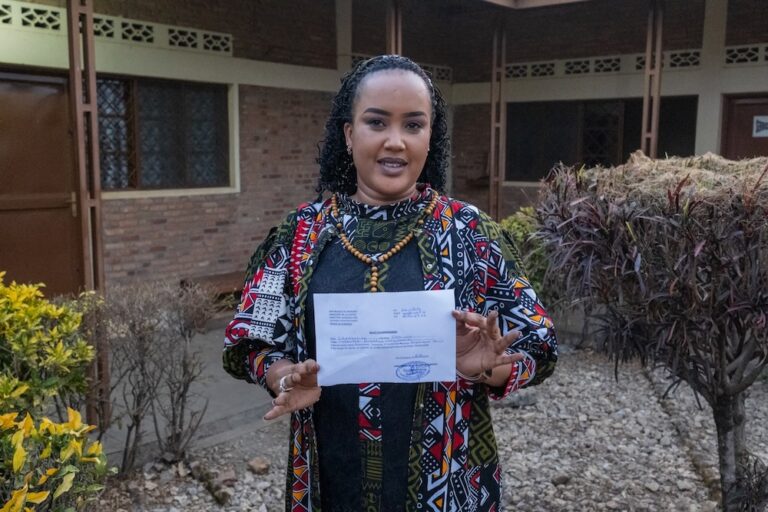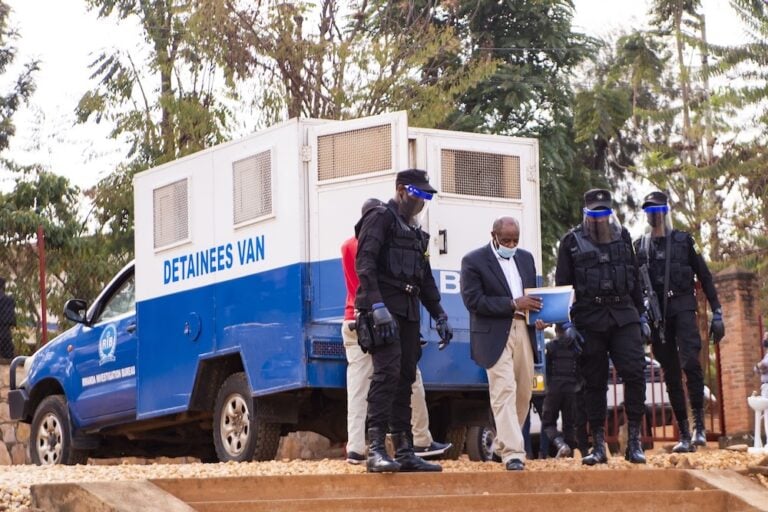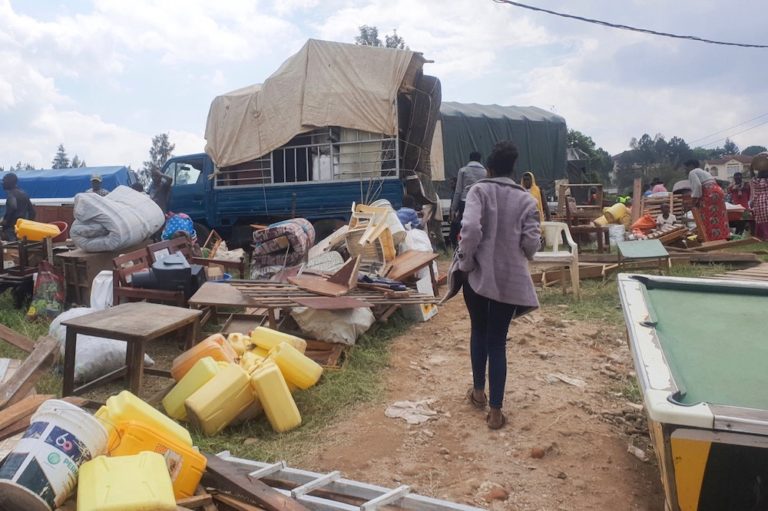(RSF/IFEX) – Reporters Without Borders has welcomed Father Guy Theunis’ return to Belgium on 20 November 2005 under an accord between Rwanda and Belgium under which the Belgian judicial authorities will investigate charges brought against him in Rwanda. The press freedom organisation said it was ready to prove to the Belgian investigators that the case […]
(RSF/IFEX) – Reporters Without Borders has welcomed Father Guy Theunis’ return to Belgium on 20 November 2005 under an accord between Rwanda and Belgium under which the Belgian judicial authorities will investigate charges brought against him in Rwanda.
The press freedom organisation said it was ready to prove to the Belgian investigators that the case against him was purely political and that the evidence was inconsistent.
Aged 60, Theunis is a Belgian missionary priest who used to edit a Rwandan magazine, “Dialogue”. Under the accord, he left Rwanda without an escort on a commercial flight on 19 November. On his arrival in Belgium on 20 November, he was immediately questioned by officials handling the judicial investigation initiated against him in Belgium as a result of the accord.
After conducting a field investigation in Rwanda, Reporters Without Borders issued a report on 4 November showing that Father Theunis is innocent and that the so-called evidence presented against him during a hearing before a gacaca (popular tribunal), and subsequently, is baseless.
The case against Theunis was put together in a hurry by a handful of officials who took advantage of a brief visit by him to Rwanda in order to settle personal scores or to exact revenge for his stand on religious issues and his criticism of human rights violations by the ruling Rwandan Patriotic Front (FPR).
Theunis, who no longer lives in Rwanda, was arrested on 6 September during a stopover in Kigali airport on his way back to Belgium after attending peace and reconciliation seminars in the neighbouring eastern part of the Democratic Republic of Congo.
A member of the Company of Missionaries of Africa, he is the first foreigner to be brought before one of the gacacas, which were created to try the hundreds of thousands of individuals still being held on suspicion of involvement in the genocide.
When he appeared before one of these courts in the Rugenge district of Kigali on 11 September, he was classified as a “category one” suspect accused of high-level responsibility in the genocide and was immediately transferred to Kigali prison.
He is alleged to have incited hate and ethnic divisions by quoting passages from the extremist newspaper “Kangura” in a review of the press in “Dialogue”. But his sole reason for quoting “Kangura” was to alert his readers about the hate messages appearing in the extremist news media.


